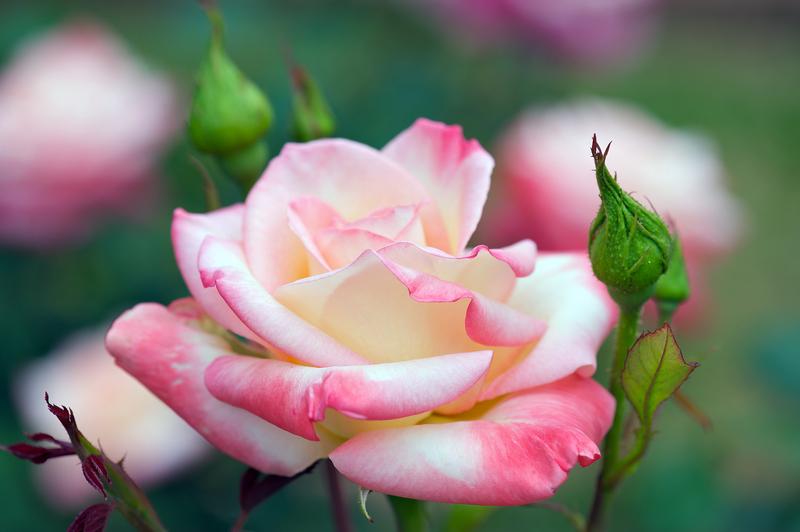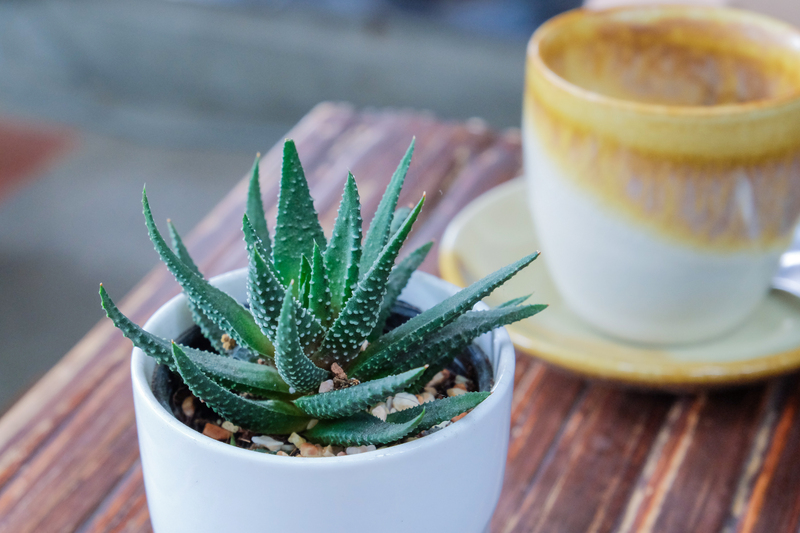Mastering Winter Plant Care: Protect Your Garden
Posted on 31/05/2025
Mastering Winter Plant Care: Protect Your Garden
Winter is a challenging season for gardeners. As temperatures drop and daylight diminishes, plants face stressful conditions. Understanding the essentials of winter plant care is crucial to preserving the health and beauty of your garden throughout the cold months. In this comprehensive guide, we delve deep into strategies and solutions for protecting your cherished plants against winter's harsh realities. Read on and discover how to master winter plant care and ensure your garden thrives even in the chilliest weather!
Why Winter Plant Care Matters
While plants naturally enter a period of dormancy during colder months, they still require attention to survive until spring. Winter plant protection is essential because:
- Extreme cold can cause frostbite and tissue damage for sensitive plants.
- Fluctuating temperatures lead to soil heaving, which can unearth roots.
- Snow and ice accumulation may break branches or suffocate small plants.
- Garden pests may burrow for warmth, potentially harming root systems.
Proactive measures are the key to mastering winter plant care and guaranteeing your garden's resilience.

Assessing Your Garden: Understand Your Zone and Plants
Know Your Plant Hardiness Zone
Every region belongs to a USDA Plant Hardiness Zone. Knowing your zone helps you choose plants suitable for your local winter climate. Check your area's average minimum temperatures and select plants accordingly.
Identify Vulnerable Plants
- Tropical and subtropical varieties (like palms or bougainvillea) are highly sensitive to cold.
- Container plants have less soil insulation and freeze faster.
- Newly planted specimens have immature root systems and are more susceptible to winter injury.
Garden Microclimates
*Not all parts of your garden experience the same conditions!* South-facing slopes, areas near buildings, and spots protected from wind tend to be warmer. Use these microclimates wisely to shelter tender plants through winter.
Key Strategies for Winterizing Your Garden
1. Mulching: Nature's Insulation
Mulch is your best friend for winter plant care. It acts as insulation, moderating temperature fluctuations and preventing rapid freezing and thawing that can damage roots. Consider these mulching tips:
- Apply a 2-4 inch layer of straw, shredded leaves, bark, or wood chips around root zones.
- Avoid piling mulch against trunks or stems to prevent rot.
- Mulch after the ground begins to freeze, not before.
Mulching your garden in late fall is a game-changer for keeping roots protected and garden beds insulated.
2. Watering Wisely Before Winter
Well-hydrated plants are less susceptible to winter damage. Water your garden thoroughly before the ground freezes, especially for evergreens, shrubs, and young trees. However, avoid waterlogging the soil, which can foster root rot.
3. Pruning for Winter Health
Prune dead, diseased, or damaged branches in late fall to minimize pest and disease risk. However, avoid heavy pruning (unless necessary), as new growth may not harden off before frost arrives.
Protecting Specific Types of Plants
Evergreen Plant Care
- Wrap burlap around sensitive evergreens to reduce windburn and moisture loss.
- Water during dry winter spells when the soil is not frozen.
- Apply antidesiccant sprays to foliage of broadleaf evergreens for extra protection.
Deciduous Trees and Shrubs
- Apply mulch around the base to protect roots.
- Protect young trunks from sunscald and rodents with tree wraps or guards.
Perennials and Flower Beds
- Cut back perennials after killing frosts but leave about 2-3 inches above ground.
- Cover beds with straw, leaves, or evergreen boughs for extra insulation.
- For tender bulbs (like dahlias), dig up and store indoors.
Container and Potted Plant Care
- Cluster pots together in a sheltered spot for warmth.
- Wrap pots in bubble wrap or burlap to prevent cracking.
- Bring tender container plants inside or to a greenhouse.
Simple Garden Structures for Winter Protection
- Cold frames and cloches offer targeted protection for small beds and vegetables.
- Row covers and frost blankets shield low-growing plants from sudden cold snaps.
- Windbreaks made from burlap or fencing reduce wind exposure for delicate plants.
Common Mistakes in Winter Garden Care
- Neglecting autumn preparation - Don't wait until after the first frost to start winterizing.
- Overwatering or underwatering in fall - Find the hydration sweet spot for your region and soil.
- Ignoring pests - Check for insect eggs, cocoons, or borers and manage as needed.
- Using inappropriate mulch materials - Dense, non-organic mulch can suffocate roots or promote disease.
Protecting Your Lawn in Winter
Lawns need winter care too! Here's how to keep your turf healthy:
- Rake leaves regularly to prevent mold and smothering.
- Apply a final low-nitrogen fertilizer late in the season to encourage deep root growth.
- Avoid foot traffic on frozen grass to prevent damage.
- Leave grass a little taller on its last mow of fall for extra insulation.
Indoor Plant Care Tips for the Cold Season
As you bring potted plants indoors, protect them from drafts, sudden temperature changes, and overwatering. Increase humidity, as indoor air is drying, and provide supplemental light if necessary. Monitor for pests, which can hitch a ride indoors and proliferate in the warmth.
Humidity Hacks for Indoor Plants:
- Group plants together to increase local humidity.
- Use pebble trays filled with water under pots.
- Consider a small room humidifier if necessary.
Spring Preparation: What to Do After Winter
Winter plant care doesn't end when the snow melts. Early spring is the perfect time to:
- Gradually remove mulch as new growth emerges.
- Inspect plants for winter injury and prune as needed.
- Feed perennials and trees with balanced fertilizer to jumpstart new growth.
- Check soil moisture and resume regular watering schedules.
Frequently Asked Questions
How can I tell if a plant is suffering from winter damage?
Look for browning or blackened leaves, dead stems, split bark, or mushy crowns. Scrape the stem lightly - if you see green tissue underneath, the plant is still alive!
When should I stop watering my garden in the fall?
Keep watering until the ground is close to freezing. Plants need moisture to survive dormant periods but avoid soggy conditions.
Can I use plastic to cover my plants?
Yes, but with caution. Plastic can trap moisture and overheat plants if not ventilated. Use cloth materials (like burlap or frost blankets) for most applications.

Mastering Winter Plant Care: A Year-Round Commitment
Mastering the art of winter garden protection enhances not just your landscape's beauty, but its long-term health. With proper understanding and a little effort, you can safeguard your plants from the worst of winter, ensuring a lush, vibrant garden comeback in spring.
Your winter plant care efforts make all the difference - from mulching and watering, to sheltering and strategic pruning. Don't let winter catch your garden unprepared. Take action now, and you'll enjoy a flourishing landscape for seasons to come.
Expert Winter Plant Care Checklist
- Check your plant hardiness zone and prepare accordingly
- Mulch beds and borders after first frost
- Water thoroughly before ground freezes
- Prune damaged limbs but avoid heavy pruning
- Use covers, frames, or wraps for at-risk plants
- Remove fallen leaves and debris to prevent pests
- Bring sensitive container plants indoors
- Monitor for pests and diseases all winter long
Stay proactive, adapt to changing weather, and follow these winter plant care tips to protect your garden - your plants (and your future self) will thank you!
Latest Posts
Exploring the World of Herb Cultivation at Home
Master the Basics with These 9 Gardening Tips for Beginners
Garden Equilibrium: Achieve Peace with Zen Garden Elements



